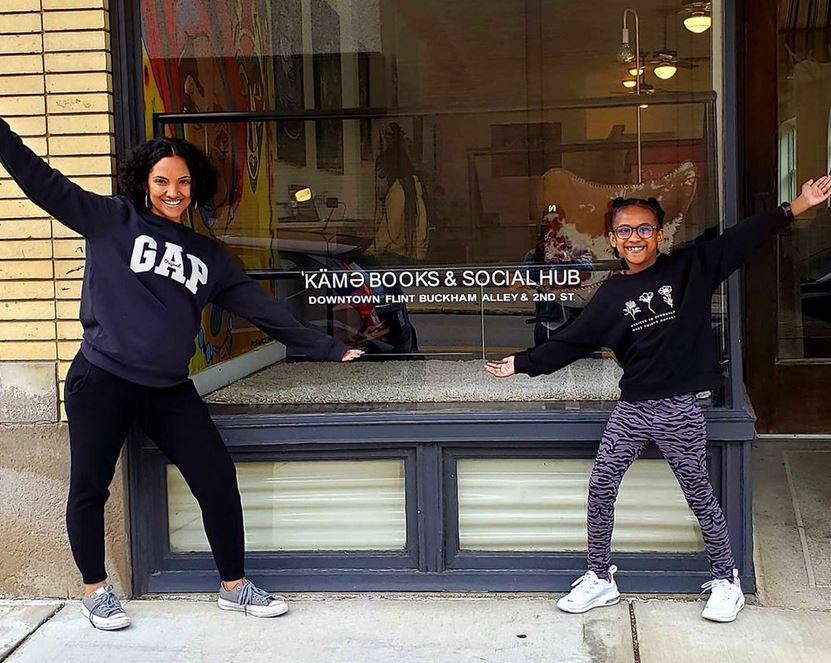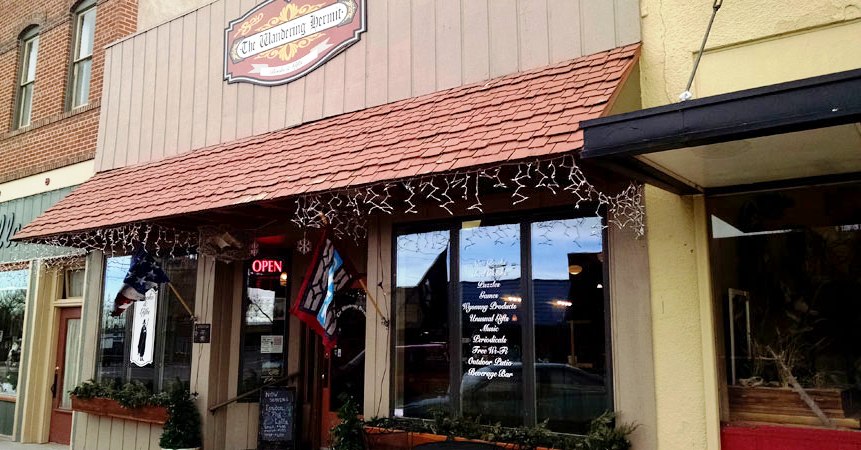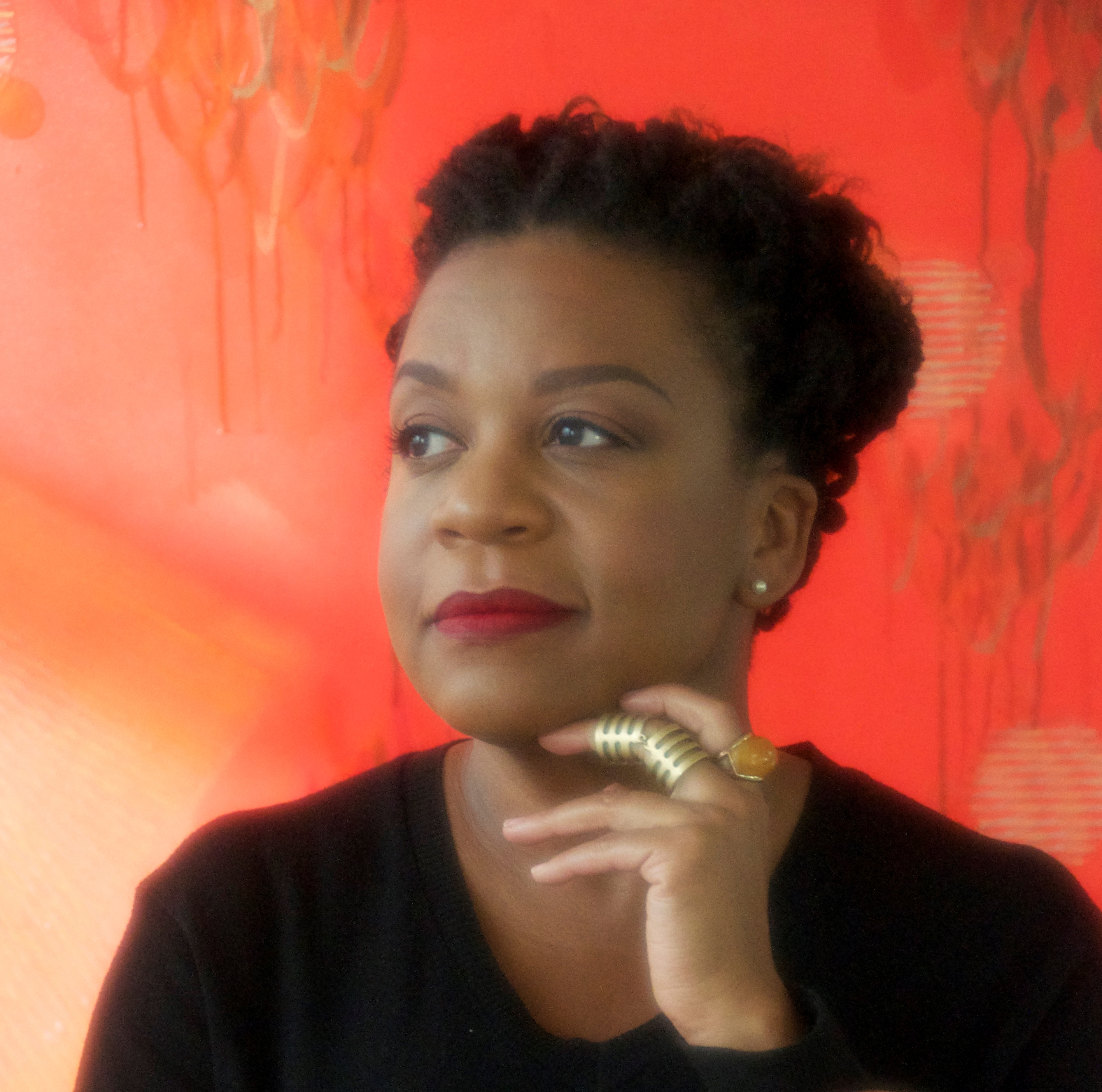Florence Howe, founder of the Feminist Press and a leader of the women's studies movement, died on Saturday, the New York Times reported. She was 91 and had Parkinson's disease.
A college professor in the 1950s and '60s, Howe was frustrated by a lack of women's studies books. In 1972, she told the Times, "I was teaching women's studies at Goucher College in Maryland at the time, and there weren't enough materials. The publishers I spoke to all said, 'Wonderful idea, but there's no money in it.' "
Howe founded the Feminist Press in 1970 and, among others, published Ama Ata Aidoo, Rebecca Harding Davis, Marilyn French, Shirley Geok-lin Lim, Charlotte Perkins Gilman, Zora Neale Hurston, Savyon Liebrecht, Dacia Maraini, Paule Marshall, Louise Meriwether, Lauretta Ngcobo, Tillie Olsen, Grace Paley, Agnes Smedley, Alice Walker, and Zoë Wicomb, many of whose works had been out of print for decades.
When Howe left Goucher for what is now SUNY Old Westbury in 1971, she brought the Feminist Press with her. In 1985, Howe stopped teaching at SUNY Old Westbury and moved the press full time to the City University of New York, where it continues today--celebrating its 50th anniversary this year.
Howe was a president of the Modern Language Association and held a dozen consultancies, including with the Ford Foundation and the National Endowment for the Humanities. She wrote or edited more than a dozen books and more than 120 essays in publications such as the Harvard Educational Review, the Nation, the New York Review of Books, PMLA, and the Women's Review of Books, as well as in a variety of anthologies. Her books include a memoir, A Life in Motion, published in 2011 by the Feminist Press, and a collection of essays on the rise of women's studies, Myths of Coeducation, published in 1984 by Indiana University Press.
Linda Villarosa, chair of the Feminist Press board, called Howe "a visionary with extraordinary literary taste, an ear for transformative ideas, and a steely focus on feminism and social justice. The book All the Women Are White, All the Blacks Are Men, But Some of Us Are Brave, first published by Florence at the Press in 1982, changed my life and thinking. Like me, people across several generations can thank Florence for opening our eyes, uplifting our voices, mentoring us as writers and scholars, and training us to step into her shoes."
Helene Goldfarb, president of the Feminist Press board, commented: "I met Florence in 1947, when I was a freshman at Hunter College and she was a sophomore. I became an outspoken feminist because of her and joined her as a board member of the Press in the 1980s. She was a very big part of my life and made the Press a big part of my life. We spoke every day, and I am not sure how I will fill the hole in my heart and my life. But I do know that we must all work to keep the Press alive and well in honor of her legacy."
Jamia Wilson, executive director of the Feminist Press, said, "Florence's razor-sharp vision, passion for feminist education, and unmatched fortitude leave an indelible imprint upon our hearts and minds. We owe her a tremendous debt for her unending devotion to championing marginalized voices and diversifying the publishing industry for over half a century. Thanks to Florence, I was born into a world where I could always recognize myself within the books on FP's list. We look forward to continuing to pave the way for a more just world with all of the wisdom Florence shared with us. May her memory be a blessing for generations to come."
















 Terrible news from Oregon about one of the wildfires raging on the West Coast:
Terrible news from Oregon about one of the wildfires raging on the West Coast:
 BooksActually
BooksActually

 Off the Beaten Path
Off the Beaten Path "Messrs.
"Messrs.  For Beautiful Black Boys Who Believe in a Better World
For Beautiful Black Boys Who Believe in a Better World Scott O'Connor's Zero Zone sets itself apart from the literary thriller pack thanks to its highly original premise and empathetic range. The author of Half World and Untouchable, O'Connor once again plumbs the depths of trauma with careful attention to psychological detail. Zero Zone's central narrative follows the installation artist Jess Shepard in late-'70s Los Angeles. Jess has become a figure of unwanted celebrity after a strange series of events at her desert art installation, Zero Zone, culminated in a cult-like group barricading themselves inside. Several years after she was attacked by a survivor, Jess is preoccupied with the imminent release of her attacker from prison, as well as her own complicated feelings of culpability for the events at her installation.
Scott O'Connor's Zero Zone sets itself apart from the literary thriller pack thanks to its highly original premise and empathetic range. The author of Half World and Untouchable, O'Connor once again plumbs the depths of trauma with careful attention to psychological detail. Zero Zone's central narrative follows the installation artist Jess Shepard in late-'70s Los Angeles. Jess has become a figure of unwanted celebrity after a strange series of events at her desert art installation, Zero Zone, culminated in a cult-like group barricading themselves inside. Several years after she was attacked by a survivor, Jess is preoccupied with the imminent release of her attacker from prison, as well as her own complicated feelings of culpability for the events at her installation.